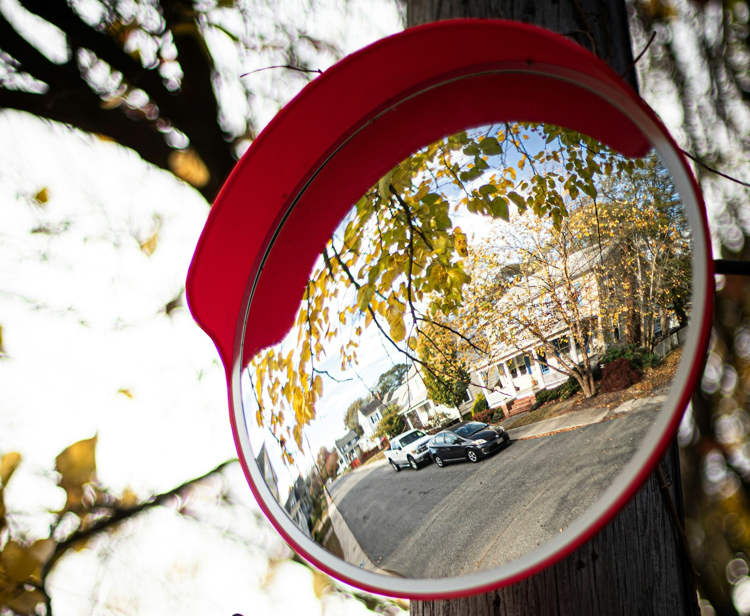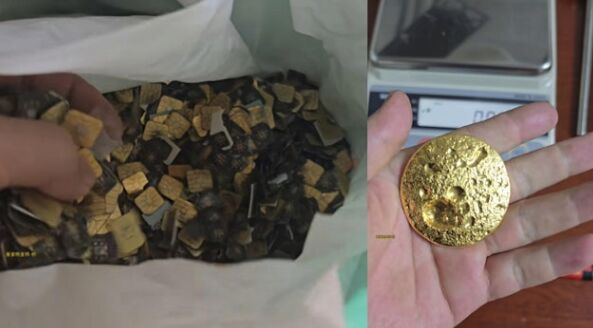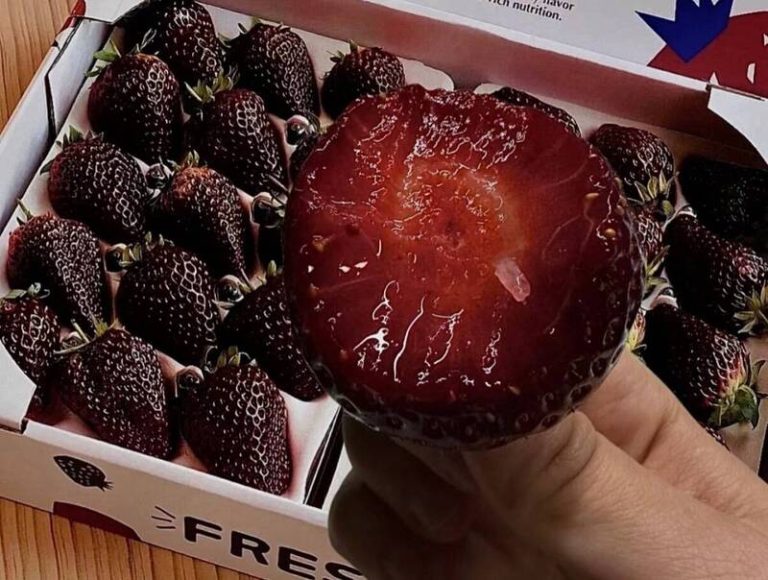Who says you need good grapes to make a fine wine? Pascal Miche, a wine maker from Quebec, Canada, uses tomatoes to create an unusual yet increasingly popular vintage. His secret lies in a four-generations-old Belgian family recipe .
A former pork butcher, Pascal Miche moved from Belgium to Canada’s Quebec province, seven years ago and decided to go through with his idea of commercializing his grandfather’s precious wine, made according to an old recipe. He finally kickstarted his business in 2009, planted his “vinyard” and began making tomato wine. If you search online, you’ll find quite a few enthusiasts who have experimented with making wine from tomatoes, but Mich hopes his will be the first successfully commercialized. Considering sales of his “Omerto“wine have reached 34,000 bottles annually, I’d say his plan is right on track.

Just like regular wine-makers do with their grapes, Pascal Miche chooses only the best tomatoes for his vintage. For his Omerto wine, named after his grandfather, Omer, he uses subarctic, yellow and black cherry tomatoes, chosen for their bountiful yield and gustative properties. He tested 16 different varieties to see which one was better adapted to Quebec’s altitude and cool climate. The tomato wine-making process consists of the same paces used to make the drink from grapes (crushing, soaking, fermenting and pressing) and takes about nine months to complete, from field to bottle.

Pascal Miche has no problem calling his creation “wine” in North America, but he’ll have to find another name for it if he decides to go through with his plans of commercializing Omerto in France, for example. There, only alcoholic beverages made from fermented grape juice may be called wine. But the tomato wine-maker will cross that bridge when he gets to it. Right now, he’s happy sales are ramping up and that more and more people are willing to try his unique vintage. According to sommeliers, Omerto tomato wine has a “hint of fruit, zesty aspects, familiar in cakes… a bit honey-sweet, which could be very good with deserts and spicy foods,” and is often compared to a sweet Pineau des Charentes.
Source: AFP













